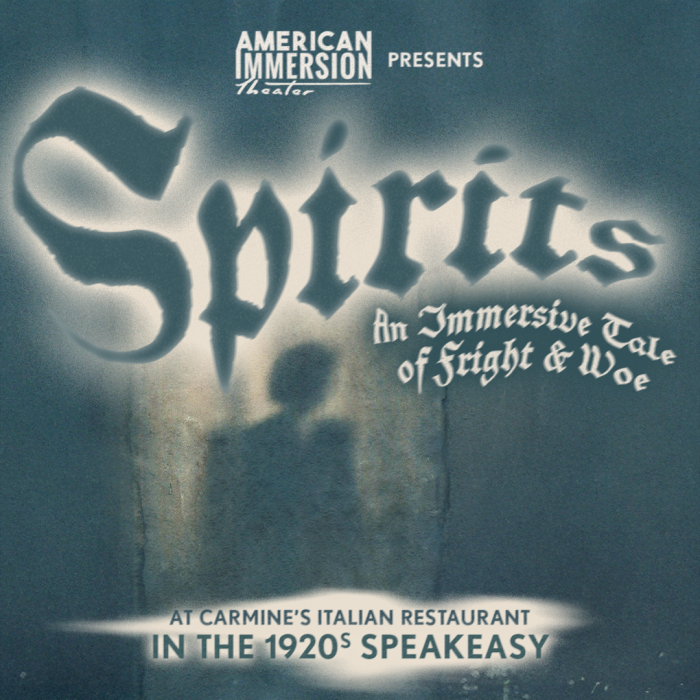
Cat videos routinely go viral; literature does not. The lone exception being, coincidentally, “Cat Person,” the short story by Kristen Roupenian published by The New Yorker in December 2017.
The tale of a young woman’s brief, cringeworthy relationship with an older man seemed tailor-made for the still-nascent #MeToo conversation, plus it was well written and had a note-perfect ending, as the man went from needy to abusive in a flurry of unanswered text messages.
Roupenian’s debut story collection, “You Know You Want This,” mines the same territory as “Cat Person” — relationships are corrosive — but the nuanced insight of her breakout effort is largely absent, replaced by a reliance on violence to hammer home easy points.
Creepy and abusive men are the only men here; they grope co-workers (“Biter”) and use Charles Manson’s music to lure preteen girls (“Look at Your Game, Girl”). There are unsettling women, too, although their stories are supernatural, such as the woman who binges on a spell book (“Scarred”) or the girl who punishes her friends with a birthday wish (“Sardines”).
Even desire is perverted, as with the couple whose fetish devolves into abuse (the title story) or the Tinder date who insists she be punched and kicked before giving consent (“Death Wish”).
In “The Good Guy,” about a man whose immature crushes leave him unable to commit as an adult, Roupenian is frequently perceptive. Such men abound these days and it is fertile ground, but his need to imagine impaling lustful women during sex and the broken glass sticking out of his forehead — a glass thrown at his face by the last woman he broke up with — are the abiding impressions.
These stories feel unpolished, almost rushed, and their dependence on brutality again and again evokes clickbait more than literature.







































